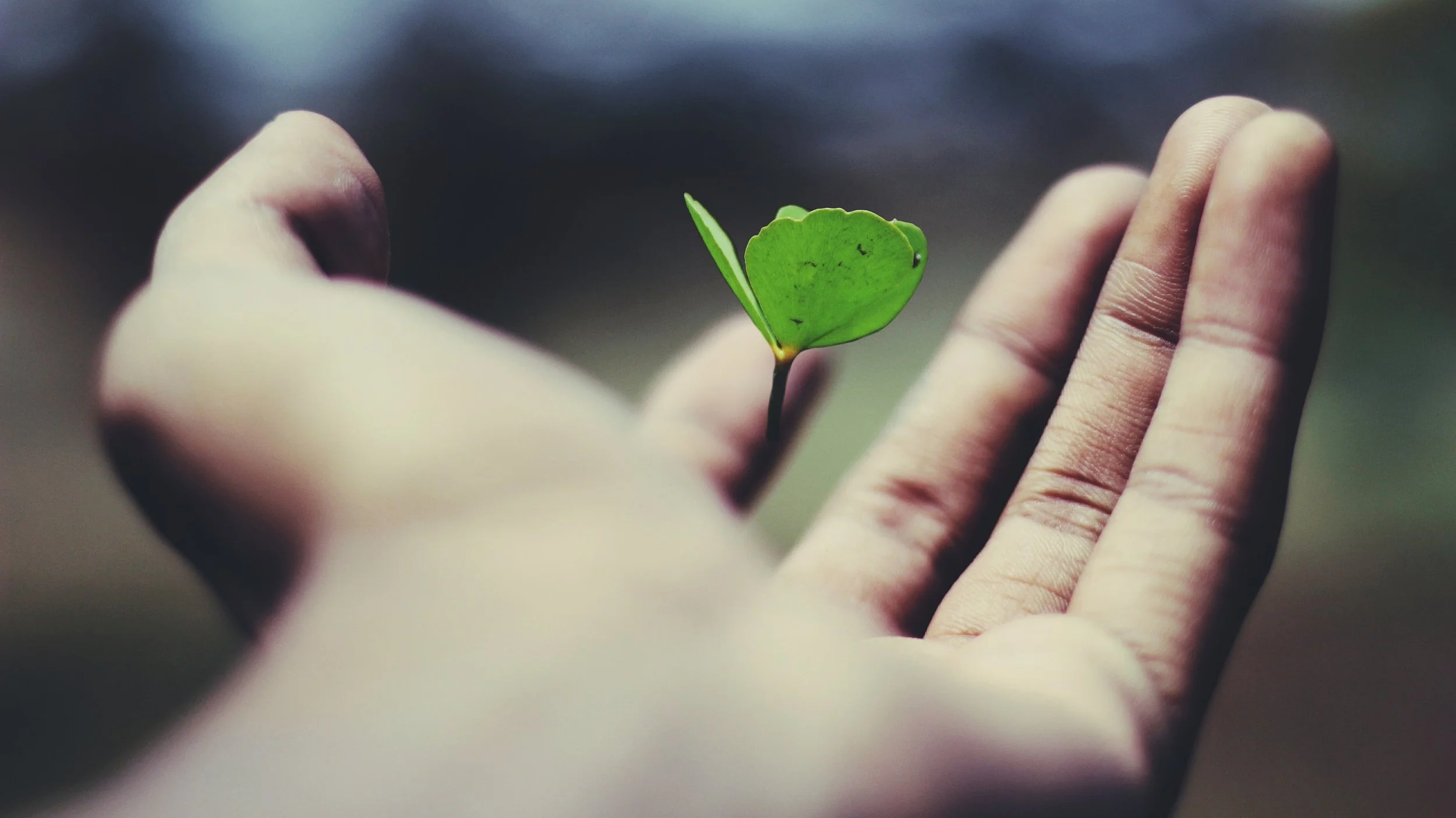Origins Of Social Anxiety To Learn From
Social anxiety and shyness are the kind of problems that challenge very large numbers of people and interfere with the most important and enjoyable moments and situations of life. The situations we are in society and with other people. A person suffering from social anxiety or shyness can sometimes suffer for years, but the truth is that suffering is completely free, as there are proven methods to overcome anxiety and shyness. Sometimes though, it all boils down to relaxing and taking time for yourself. If you use bongs, you could look at winding down that way.
When a person suffers from social anxiety, the degree of shyness and anxiety is disproportionate to the real danger facing him, because even if they criticize us, laugh at us or reject us, what will happen? In the vast majority of cases, nothing. So why do people still react with anxiety? There are several explanations. The first argues that because man is a social animal and that his evolutionary advantage was the ability to live in a group, if a particular person was rejected from the group and tribe, he could not survive and in fact unlike us, that rejected person would be doomed to death, so social fear software was effective for survival. But, in the modern age fear is no longer relevant, because even if a certain group rejects us, we still have countless ways to communicate and connect with new people.
Studies show that the brain activates very similar areas when we see a picture in reality through the eyes and when we imagine the same picture. The same is true of hearing and feeling. So when we imagine a social situation, our brain produces an experience very similar to what would have happened if we had been there in reality. We can take advantage of this simple work to completely get rid of social anxiety. The eyes recognize a social situation and even before the input even reaches the area that decodes the image, it has already been sent to the "amygdala" and elicits an anxiety response as if we had seen a grizzly bear. And once it is activated, it is very difficult to get out of the stress, it is difficult to calm ourselves, because the mind enters a state of fight or flight and the front and rational part works on a half clutch.
Developmental explanation of social anxiety and shyness
Of course this is not only the evolution and history of the human race, but also the personal history of each individual. The degree of our anxiety or confidence very much depends on our childhood and how much we received unconditional appreciation from the parents, how much they gave us confidence at home and strengthened us, how much we were allowed to accumulate social skills and express ourselves. Also, what is very influential is traumatic and painful events. Some people at a young age experience difficult social events that other children laugh at, silence or even boycott. Such events have a crucial impact on the level of social anxiety, but it is certainly possible to treat these memories and release the emotional charges that created the anxiety.











